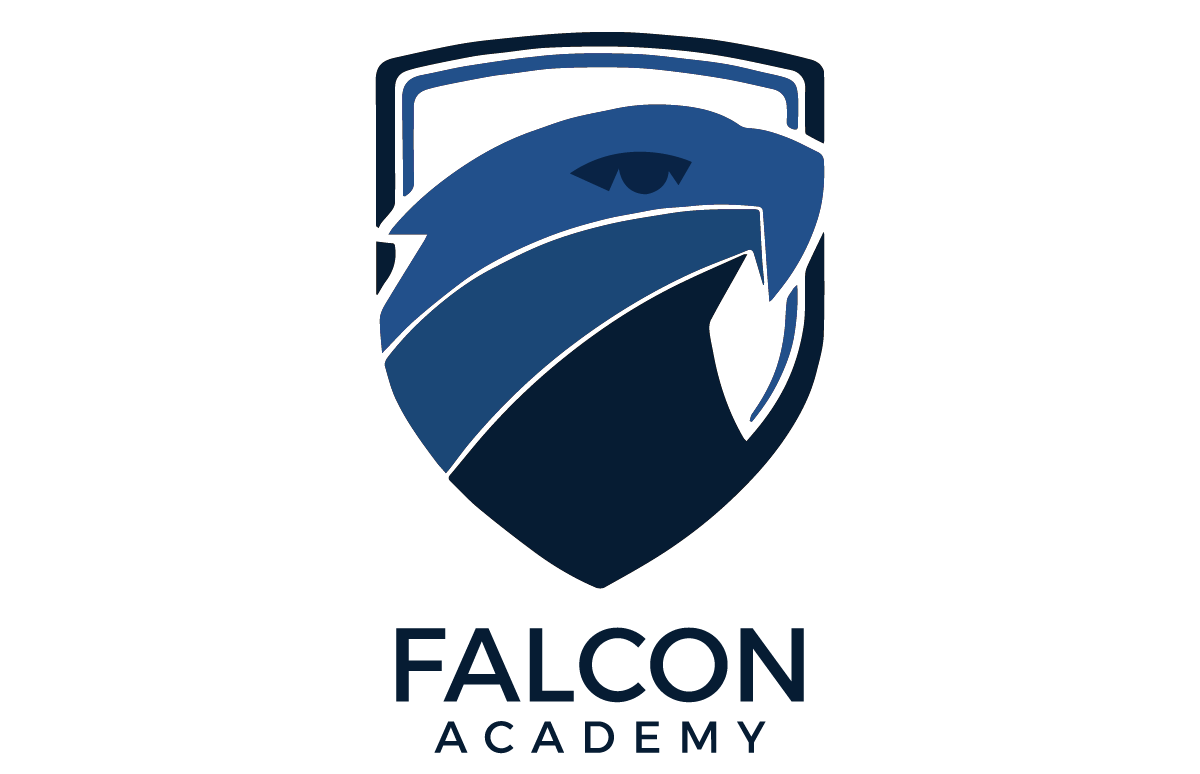
Math
At Falcon Academy, our Mathematics program is designed as a coherent journey from elementary school to middle school, developing learners into confident, creative, and critical thinkers. Grounded in the three-dimensional model of teaching and learning—concepts, skills, and content—mathematics instruction supports learners in making sense of the world around them through pattern recognition, logical reasoning, and problem solving.
Elementary School Mathematics
In elementary school, mathematics is explored through conceptual, hands-on, and inquiry-based learning that builds a strong foundation in number sense, operations, measurement, geometry, data handling, and early algebraic thinking. Learners are encouraged to make connections between mathematical ideas and their everyday experiences, using manipulatives, games, storytelling, and collaborative tasks. Key concepts such as relationships, change, systems, and quantity are introduced through real-life contexts, allowing learners to construct meaning and communicate their mathematical thinking.
Instruction in elementary school is differentiated to meet diverse readiness levels, ensuring all learners are supported with appropriate strategies such as small-group instruction, math centers, open-ended tasks, and guided inquiry. Learners develop early skills in estimating, modeling, representing, and justifying their thinking, while building the confidence and resilience needed for mathematical exploration.
Middle School Mathematics
In middle school, learners expand their mathematical understanding by engaging with topics across number, algebra, geometry and trigonometry, statistics and probability, and functions. Emphasis is placed on conceptual reasoning and real-world application, as learners investigate authentic problems, explore patterns, and justify solutions. They learn to represent problems in multiple ways—numerically, algebraically, graphically, and verbally—and reflect on their methods and strategies.
Middle school math lessons are inquiry-driven and concept-based, inviting learners to explore big ideas such as equivalence, change, patterns, and relationships. Instruction is tailored to meet different levels of readiness through tiered tasks, enrichment activities, and scaffolding techniques. Learners are encouraged to take intellectual risks, think flexibly, and use digital tools and technology to explore and visualize mathematical concepts.
Assessment in Mathematics
Assessment in mathematics includes both formative and summative strategies. Formative assessments—including quick checks, error analysis, exit tickets, collaborative problem solving, and teacher feedback—help guide instruction and support learner growth. Summative assessments include authentic, performance-based tasks such as investigations, mathematical modeling projects, presentations, and traditional problem sets that assess learners’ ability to apply skills and concepts in varied contexts. Learners have multiple avenues to demonstrate their understanding, whether through visual models, written justifications, peer teaching, or reflective journaling.
Across both elementary and middle school, the math program at Falcon Academy nurtures mathematical fluency, conceptual understanding, and confidence, preparing learners to engage with increasingly complex problems in academic, personal, and global contexts. Learners don’t just learn how to do math—they learn how to think mathematically, communicate ideas precisely, and apply mathematics as a powerful language for understanding the world.
